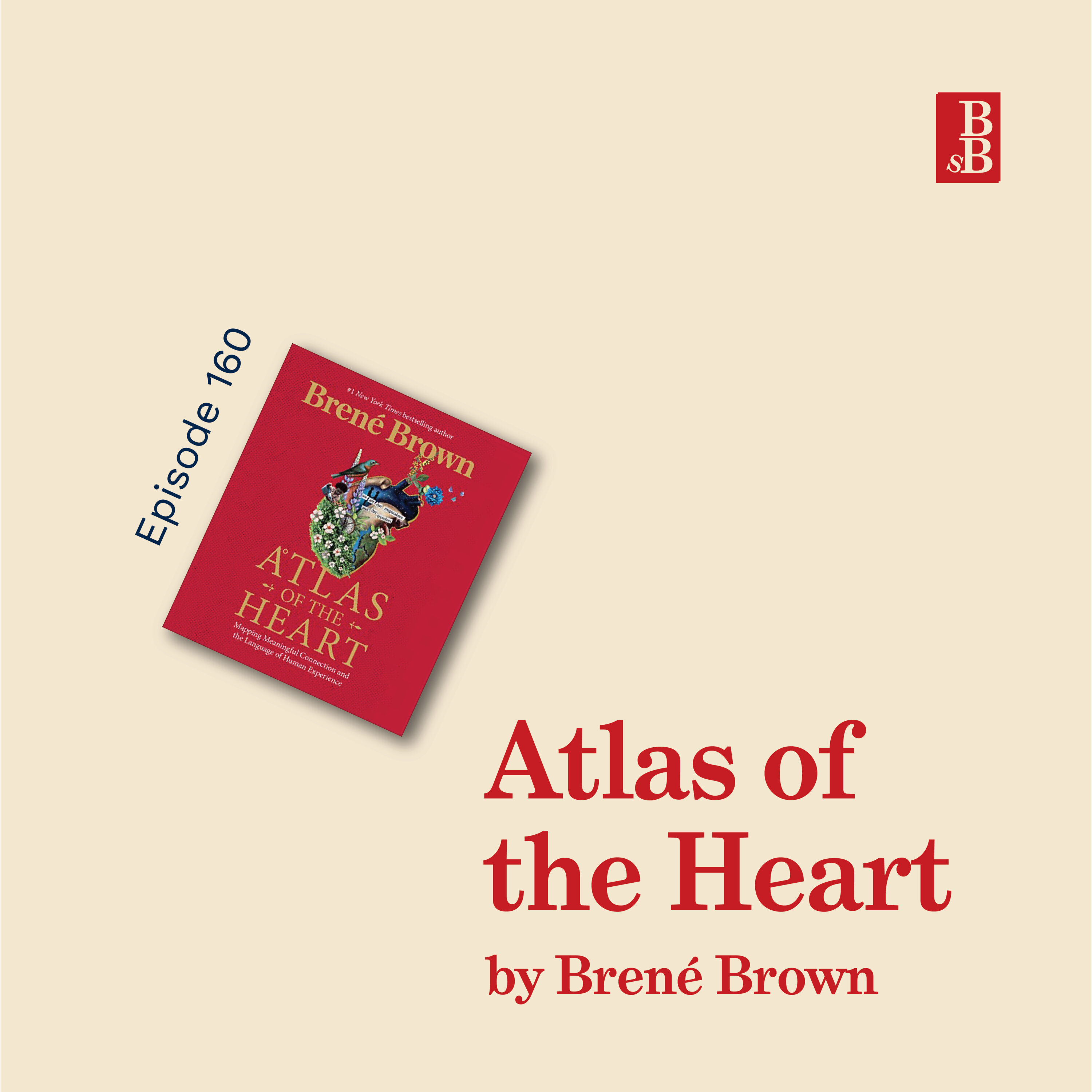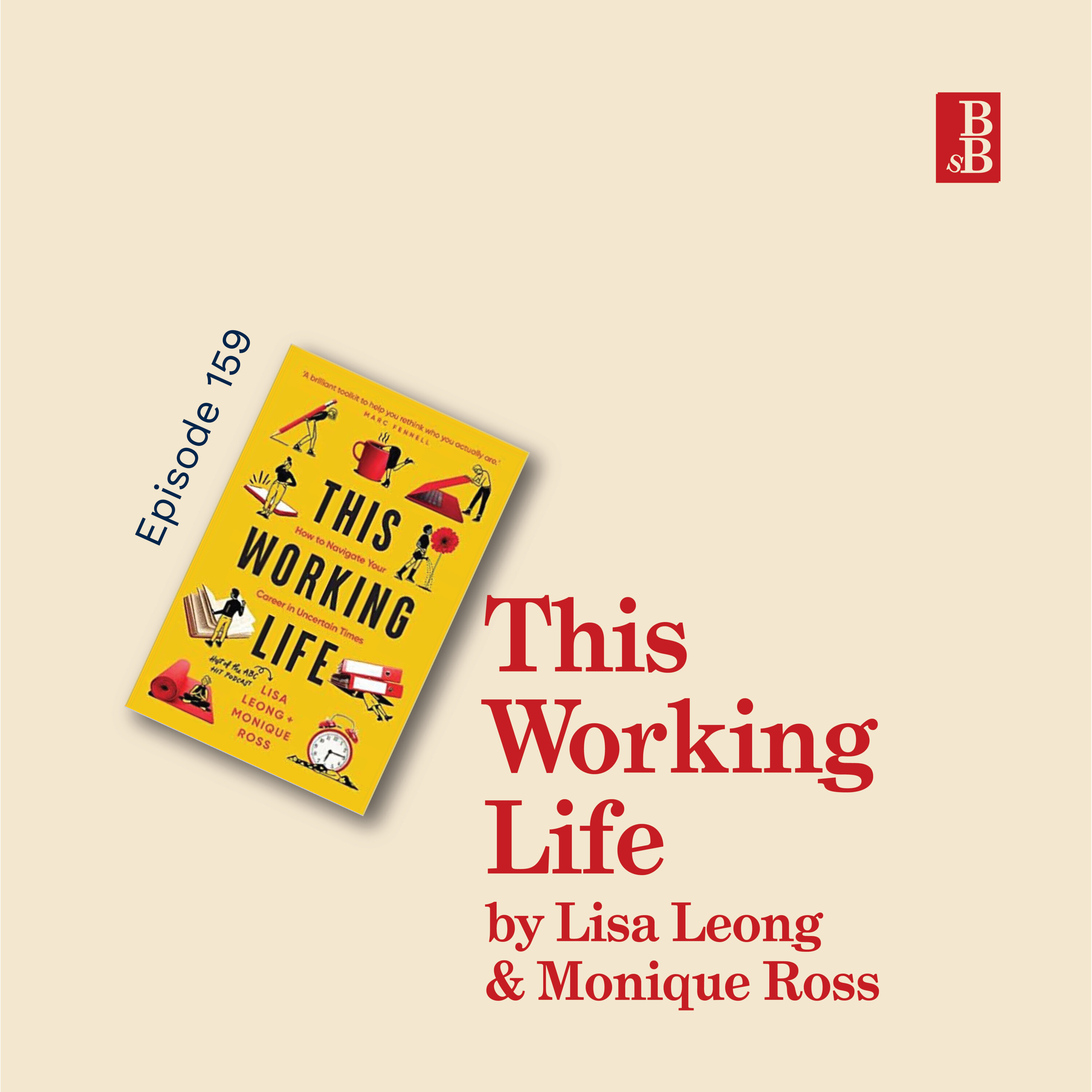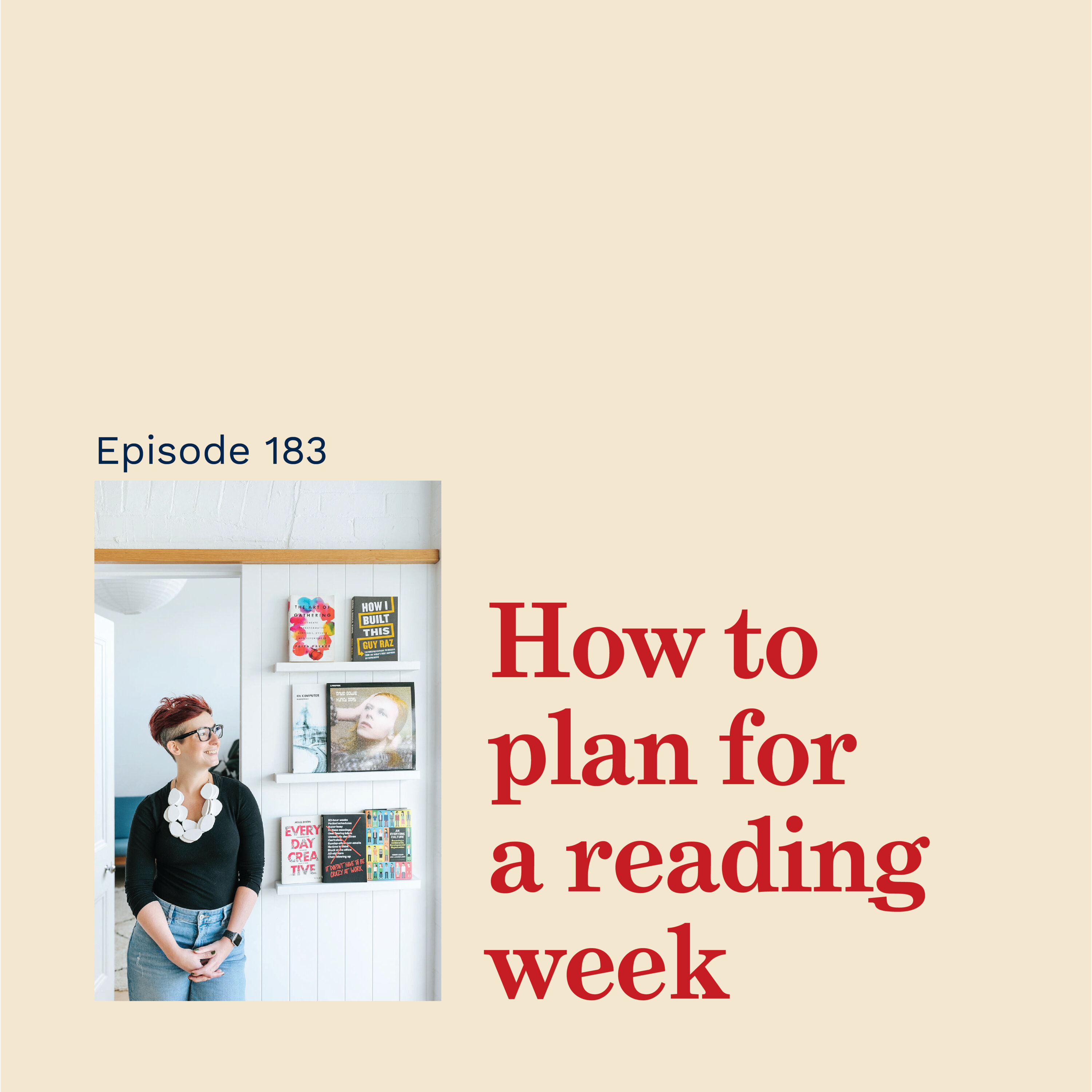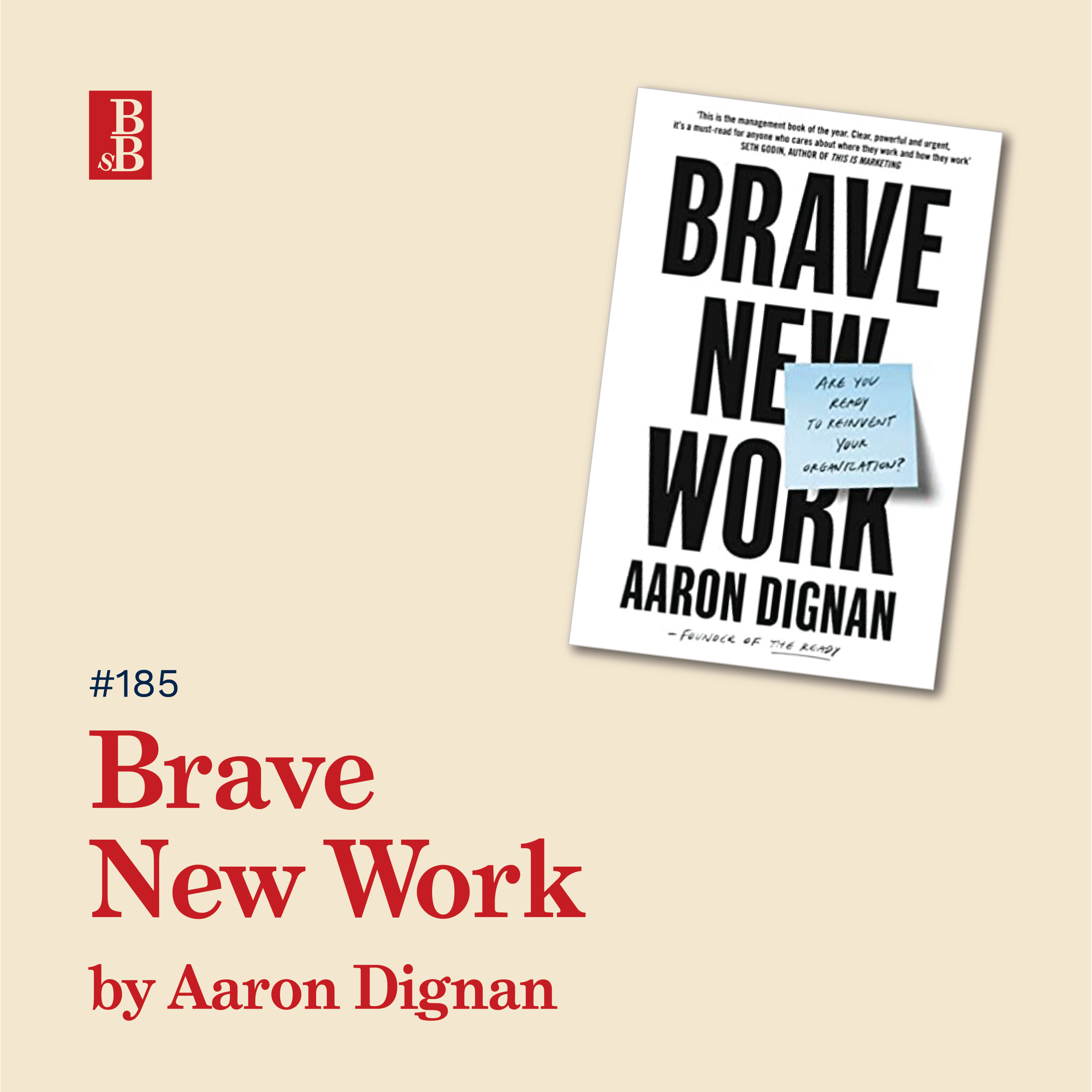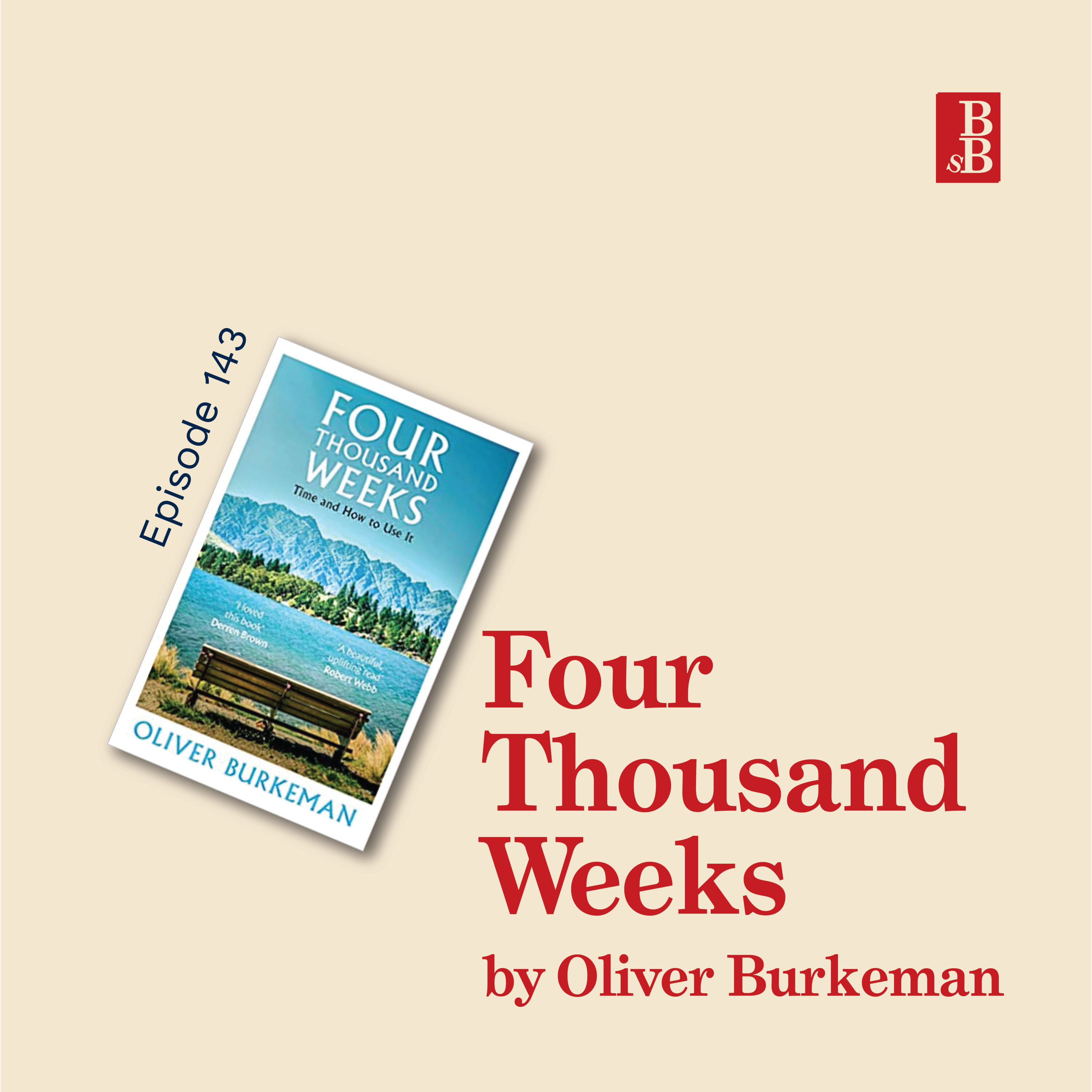Man’s Search for Meaning by Viktor Frankl: What is the meaning of life?
Sign up to the bookmark newsletter:
https://mailchi.mp/1119b1358a84/thebookmark
About the Book
Psychiatrist Viktor Frankl’s memoir has riveted generations of readers with its descriptions of life in Nazi death camps and its lessons for spiritual survival. Between 1942 and 1945 Frankl labored in four different camps, including Auschwitz, while his parents, brother, and pregnant wife perished.
Based on his own experience and the experiences of others he treated later in his practice, Frankl argues that we cannot avoid suffering but we can choose how to cope with it, find meaning in it, and move forward with renewed purpose. Frankl’s theory-known as logotherapy, from the Greek word logos (“meaning”)-holds that our primary drive in life is not pleasure, as Freud maintained, but the discovery and pursuit of what we personally find meaningful.
At the time of Frankl’s death in 1997, Man’s Search for Meaning had sold more than 10 million copies in twenty-four languages. A 1991 reader survey for the Library of Congress that asked readers to name a “book that made a difference in your life” found Man’s Search for Meaning among the ten most influential books in America.
Source: amazon.com
About the Author
Viktor E. Frankl was professor of neurology and psychiatry at the University of Vienna Medical School until his death in 1997. He was the founder of what has come to be called the Third Viennese School of Psychotherapy (after Freud’s psychoanalysis and Adler’s individual psychology)–the school of logotherapy.
Born in 1905, Dr. Frankl received the degrees of Doctor of Medicine and Doctor of Philosophy from the University of Vienna. During World War II he spent three years at Auschwitz, Dachau and other concentration camps.
He was a visiting professor at Harvard, Duquesne, and Southern Methodist Universities. Honorary Degrees have been conferred upon him and he was a guest lecturer at universities throughout the world and made fifty-one lecture tours throughout the United States alone. He was President of the Austrian Medical Society of Psychotherapy.
Source: amazon.com
Buy the book from The Book Depository - https://www.bookdepository.com/Man-s-Search-For-Meaning/9781846041242/?a_aid=stephsbookshelf
Would you like to take better notes from the books you read? Get your copy of Archley's beautiful book journal, the Book of Books here: https://www.archleys.com/?ref=JamVyS-U4mVR
BIG IDEA 1 (4:12) – Choose your attitude.
The situations in the Nazi concentration camps and working camps were unimaginable. There was dangerous work with limited tools, non-existent equipment or appropriate clothing, insufficient nutrition, disease and violence and the daily occurrence of death. Despite these extreme conditions that everyone was subjected to, Viktor talks about the amazing acts of kindness that he saw and experienced.
Because whilst everything else was taken from them, they could still choose how to act.
People shared their last tiny bit of bread, which given the amount of work they did and conditions they lived in, the lack of food could mean life of death. There was a quote in the book that says, “Everything can be taken from a man but one thing, the last of the human freedoms – to choose one’s attitude in any given set of circumstances.”
He also talks about the space between stimulus and response, and it’s our choice on how we use that space. He also talks about when struggling is inevitable, he said to suffer unnecessarily is masochistic rather than heroic. Suffering Is unnecessary to finding meaning but meaning is possible in spite of suffering.
BIG IDEA 2 (8:42) – Focus on the future.
Viktor noticed during his experience at the camp that the men who couldn’t see past their imprisonment, started to decay both physically and emotionally. They lived a provisional life with no future or goals.
This led to Viktor’s work on therapy being future-focused. It’s about finding meaning in what’s going to happen next and the future, rather than the current suffering. For him, it was about the idea of reuniting with his wife and family and being able to complete the research work he had started.
There was also an idea around how people noticed the physical, natural beauty of things which was so heightened given what they had taken away from them. Which comes back to their focus on the future and being able to see and experience those beautiful things again in freedom.
BIG IDEA 3 (13:25) – The meaning of life.
If your meaning in life is unknown, this is where the existential crisis happens. When we don’t have the meaning, we don’t know who we are.
According to logotherapy, we can discover the meaning of life in three different ways: by creating a work or doing a deed (an achievement focus), by experiencing something or encountering someone (and the beauty or love as meaning), and by the attitude we take towards unavoidable suffering (giving meaning to the suffering).
Having a different perspective allowed him to put his own, and his patient’s, suffering in a different context and meaningful place for them to be able to move on. There was a quote in a book that says,“We needed to stop asking about the meaning of life and instead think of ourselves as those who were being questioned by life – daily and hourly. Our answer must consist, not in talk and meditation, but in right action and right conduct. Life ultimately means taking the responsibility to find the right answers to its problems and to fulfill the tasks which it constantly sets for each individual.”
Our meaning in life is to respond to what life throws at us.
Also listen to the episdes:
Courage to be Disliked: denying trauma & having the courage to be happy
Strive by Adam Fraser: Why you need to start struggling more
The Happiness Trap by Russ Harris: Happiness is not the goal
Music By: Love Song by Yehezkel Raz
Let’s Connect
LinkedIn: www.linkedin.com/in/steph-clarke
Instagram: @stephsbizbookshelf
Enjoying the show?
Please hit subscribe so you don’t miss an episode and leave a review on iTunes to help others find us.
See omnystudio.com/listener for privacy information.
Hey, have you subscribed to the bookmark newsletter? If you liked this, you might like my twice-monthly email with book reviews and ideas of what you should be reading, and listening to, next. Click here to subscribe.













